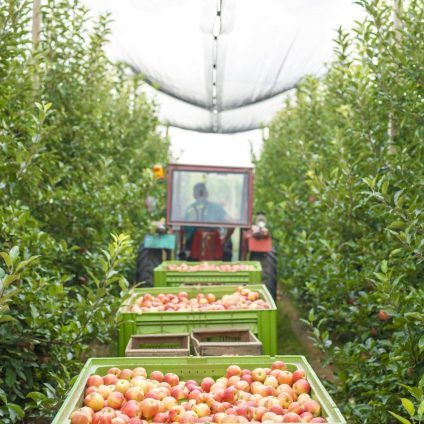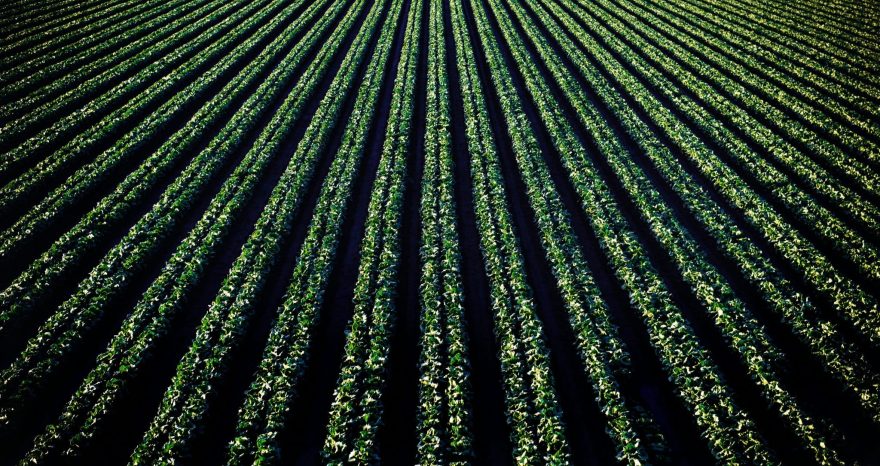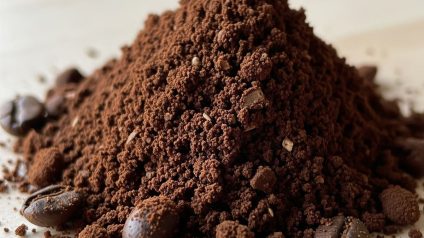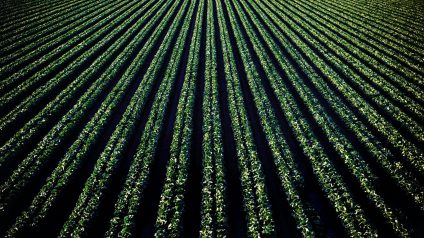Mulching with human hair, compressed into small mats placed at the base of plants, is proving to be an effective solution against Chile’s severe drought. In addition to providing valuable nutrients to the soil, this method reduces direct evaporation by 71% and saves 48% of irrigation water.
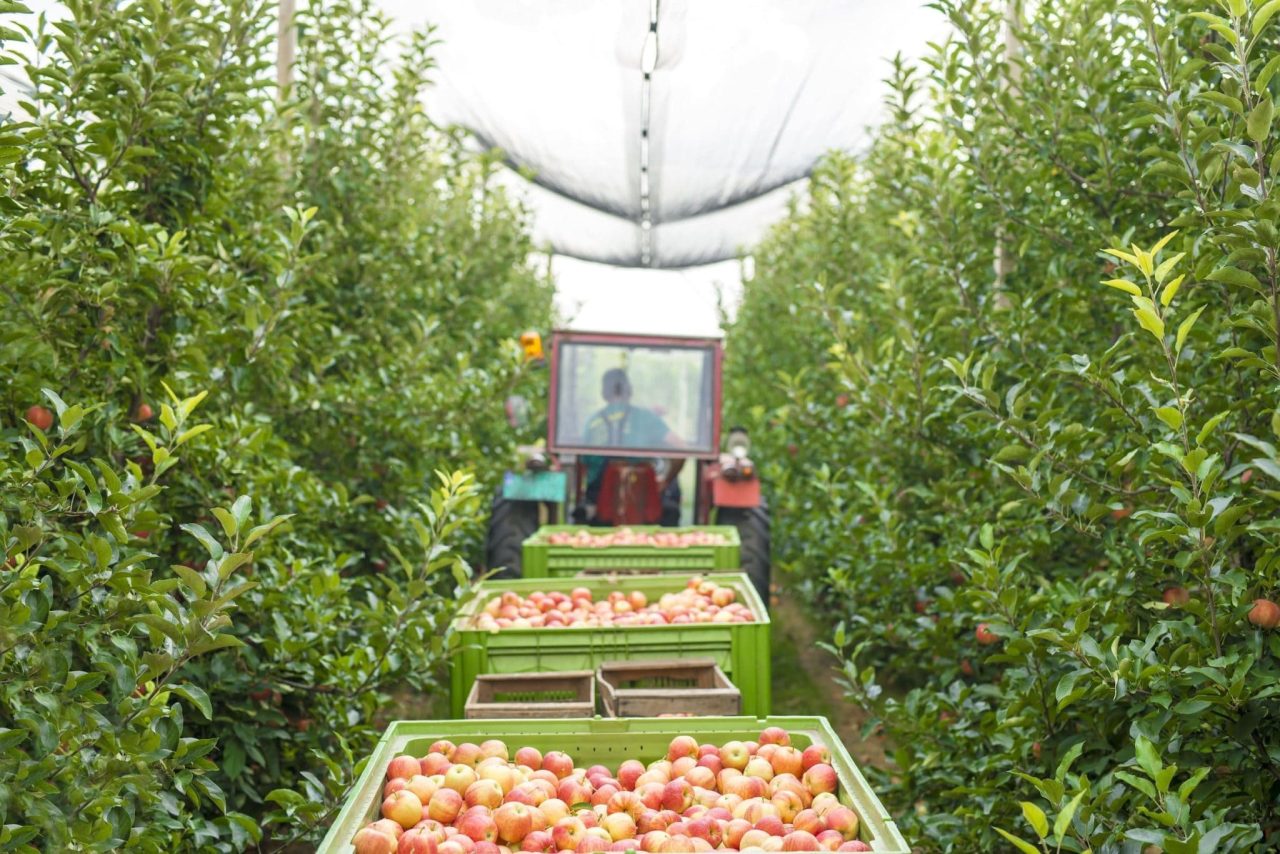
Natural circular economy
Mulching with human hair, compressed into small mats placed at the base of crops, is helping Chilean orchards retain soil moisture. This simple and natural solution is proving critical as drought tightens its grip on the country. With 72% of Chile facing severe water scarcity, farmers are struggling to increase food production in increasingly arid conditions.
The benefits of hair-based mulching
The idea came from Mattia Carenini, CEO of the Matter of Trust Chile Foundation, which manufactures these hair mats.
Beyond moisture retention, hair offers additional benefits. It contains nutrients like nitrogen, calcium, sulfur, and organic matter that gradually seep into the soil, enriching it and improving plant health. In field trials, crop yields increased by at least 30% thanks to the enhanced soil quality.
Hair mats also help mitigate water stress by shading the ground, keeping it cool and damp, and shielding it from the sun’s rays, which would otherwise accelerate evaporation.
Three hair-based recycling solutions
Founded in 2020, Matter of Trust Chile has developed three environmental applications using recycled hair.
- Agropelo is a compostable mulching mat designed to recover water and restore soil health.
- Fertipelo is a liquid fertilizer made from processed hair.
- Petropelo is used to absorb pollutants in water bodies.
Water scarcity is forcing farmers to limit production, as available water is no longer sufficient to support larger-scale agriculture.
Chile could lose 50% of its water by 2060
Water availability is declining rapidly across the globe. In Chile, projections show that between 2050 and 2060, water resources in central and northern regions could drop by 50%.
Hair-based mulching reduces direct evaporation by 71% and cuts irrigation needs by 48%. This technique supports soil regeneration, boosts agricultural output, and enables farming in arid zones, helping farmers improve both income and resilience.
Circular mulching
Repurposing cut human hair and even pet fur is not only an innovative solution for farming but also a model of circular economy. Hair is abundant, underutilized, and typically discarded in Chile.
While mulching is a common agricultural practice, using hair makes the process fully circular and significantly more effective in water retention.
Hair is a virtually inexhaustible waste material. Currently, Matter of Trust Chile operates 14 collection points across three regions, receiving hair from over 250 salons.
The foundation is expanding the model to Argentina and Spain, aiming to operate in 10 countries in the coming years.


